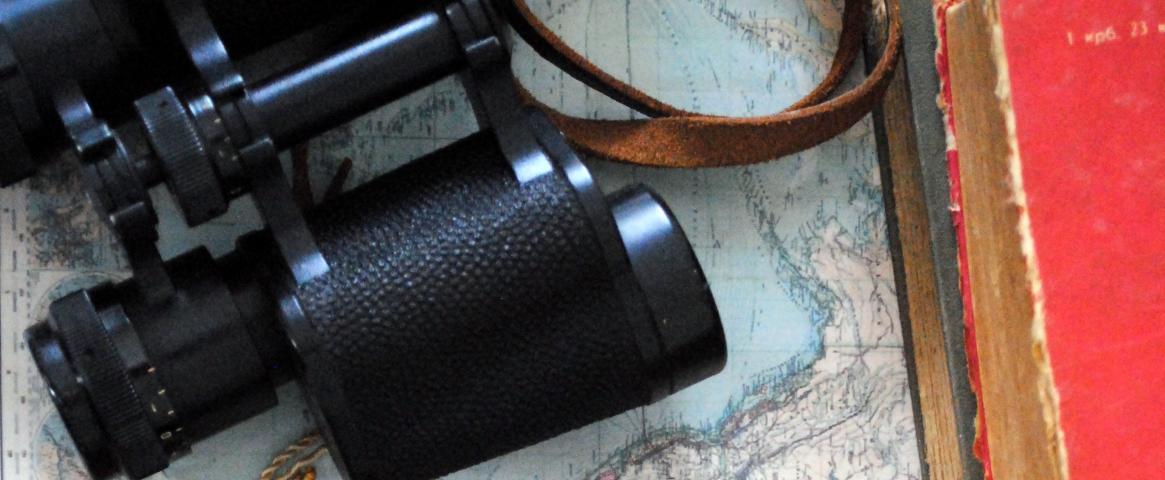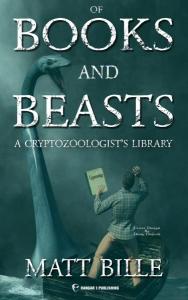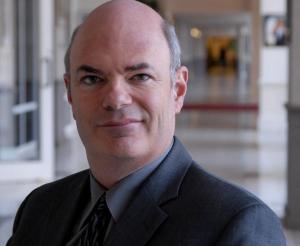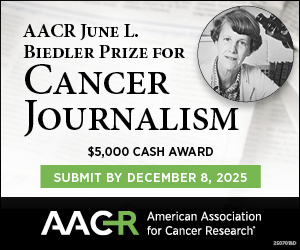
Matt Bille—Of Books and Beasts: A Cryptozoologist's Library
A CRYPTOZOOLOGIST’S LIBRARY
Matt Bille
Hangar 1 Publishing, December 1, 2021, $19.99
ISBN: 9781955471268
eBook ISBN: 9781955471251
Bille reports:
I’ve always been interested in the odd corners of zoology, including cryptozoology. While often dismissed as a pseudoscience, and far too often practiced that way, the search for “hidden” animals is a legitimate topic. I’ve written two books on newly discovered animals, possible survivals, and reported unknowns, emphasizing how hope for new discoveries has to be balanced against plausibility and evidence.
Since online content varies from absorbing to absurd, and few scientific papers exist, most information on “cryptids” is in books. In 2020, I realized there should be a guide to authoritative books and set forth to create it.
Since thousands of books exist, I developed “A” library, not “The” library. I went through books I’d reviewed in my own books and blog, read 60 more, and winnowed them to 170 with potentially useful information for serious students of unknown species or survivors.These included foundational texts like Bernard Heuvelmans’ On the Track of Unknown Animals and newer works like Jeff Meldrum’s Sasquatch: Legend Meets Science, Daniel Loxton and Donald Prothero’s Abominable Science!, and Austin Whitall’s Monsters of Patagonia.
Too many enthusiasts don’t grasp what makes an animal plausible, so I added 147 books on relevant sciences. From Jane Goodall’s work to Carol Kaesuk Yoon’s Naming Nature and Helen Scales’ The Brilliant Abyss, I covered paleontology, archaeology, biology, and many more. I also included some influential novels, bringing my total to about 400 books overall.
This book was too niche for major publishers, so I picked Hangar 1, which is well known in the cryptozoology community. I realized late in the process I was rushing it and making mistakes, so I found a life sciences historian, Dr. Anne Larsen, to join me as scientific editor.
What I’d like to pass on is that reading won’t make you a scientist, but it equips you to ask the right questions to the right people. That’s how I’ve written well-received works on zoology and space history without having formal credentials. Consider all types of publishers, and don’t do it for financial return. Do it because the topic matters to you and people would benefit from the knowledge.
Contact info:
- Matt Bille, 719-648-4121, MattBille@gmail.com, https://www.mattbille.com, https://mattbille.blogspot.com, @MattWriter
- Book website: https://hangar1publishing.com/collections/book-catalog/products/of-books-and-beasts-a-cryptozoologists-library
- Publicist: Alex Hajicek, 763-231-7820, Alex@hangar1publishing.com
NASW members: will your book be published soon? Take advantage of this opportunity for shameless self-promotion. Submit your report for Advance Copy.
Tell your fellow NASW members how you came up with the idea for your book, developed a proposal, found an agent and publisher, funded and conducted research, and put the book together. Include what you wish you had known before you began working on your book, or had done differently.
See https://www.nasw.org/advance-copy-submission-guidelines.
Review Advance Copy archives at https://www.nasw.org/member-article/advance-copy.
Thinking of writing a book? If you are a NASW member, you may access a list of more than 150 books and online resources to help you create your book proposal, find an agent and funding sources, negotiate your contract, learn about self-publishing, publicize and market your book, and more at https://www.nasw.org/article/write-book.
Send book info and questions about book publishing to Lynne Lamberg, NASW book editor, llamberg@nasw.org.
Follow @LynneLamberg on Twitter for news about science/medical books and writing.
Hero image by StarFlames on Pixabay.
Advance Copy
The path from idea to book may take myriad routes. The Advance Copy column, started in 2000 by NASW volunteer book editor Lynne Lamberg, features NASW authors telling the stories behind their books. Authors are asked to report how they got their idea, honed it into a proposal, found an agent and a publisher, funded and conducted their research, and organized their writing process. They also are asked to share what they wish they’d known when they started or would do differently next time, and what advice they can offer aspiring authors. Lamberg edits the authors’ answers to produce the Advance Copy reports.
NASW members: Will your book be published soon? Visit www.nasw.org/advance-copy-submission-guidelines for information on submitting your report.
Publication of NASW author reports in Advance Copy does not constitute NASW's endorsement of any publication or the ideas, values, or material contained within or espoused by authors or their books. We hope this column stimulates productive discussions on important topics now and in the future as both science and societies progress. We welcome your discussion in the comments section below.



